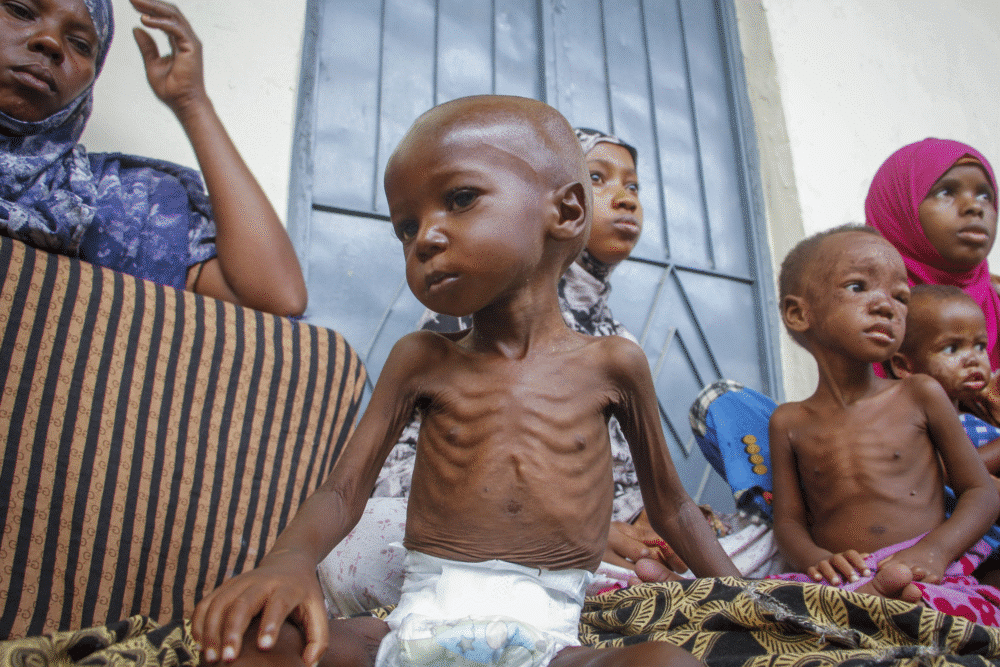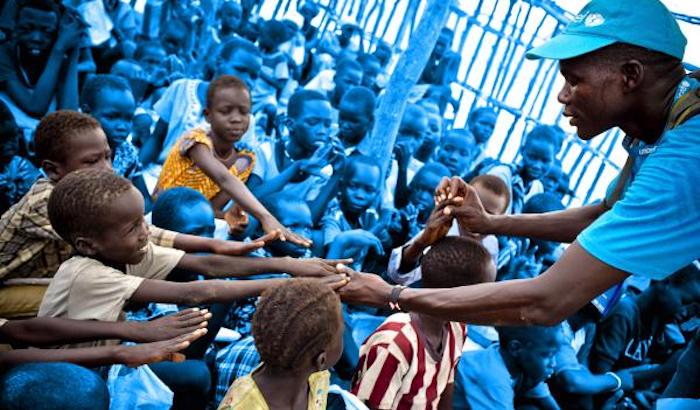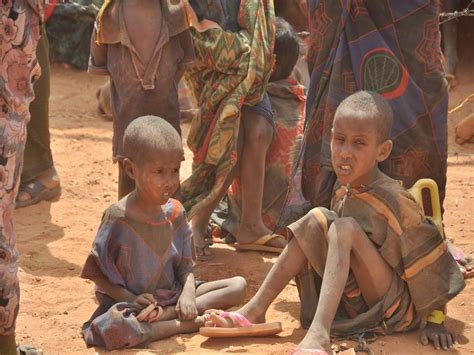UNICEF has sounded a sobering warning for Kano State: more than half of its children under five years are stunted due to malnutrition. A recent report puts the figure at 51.9%, revealing a deeply troubling setback for the health and future of the state’s youngest citizens.
Table of Contents

Alarming Statistics Show Dire Need for Urgent Action
This stark statistic paints a distressing picture of widespread child malnutrition in Kano, where over one in every two children is struggling with the long-term effects of inadequate nutrition. UNICEF’s findings underscore the chronic nature of the crisis and signal an urgent call to action for government and development partners.
It’s important to note that previous data had already been sending warning signs. In mid-2024, UNICEF reported that 56.9% of under-five children in Kano—roughly 2 million boys and girls out of over 3.4 million—were stunted. Though the 2025 figure appears slightly lower, it still represents a pervasive and catastrophic public health challenge.

What Stunting Means for Kano’s Children—and the State
Stunting, a marker of chronic malnutrition, isn’t just about short stature—it signals delayed cognitive development, weakened immunity, and impaired educational performance. Once a child becomes stunted, the damage is often irreversible. As these children grow, the burden extends beyond health, affecting productivity, economic potential, and even childbirth outcomes, especially for stunted girls.
The Nexus of Malnutrition and Disease
Alongside stunting, Kano faces a terrifying synergy between malnutrition and malaria. In 2024, MSF (Doctors Without Borders) treated 46,304 children for malnutrition in Kano—up from 7,798 in 2022 and 23,800 in 2023. Almost two-thirds of malnourished children tested positive for malaria, revealing how one disease worsens the other, creating a vicious cycle that endangers young lives.
Underlying Drivers: Poverty, Poor Feeding, and Inadequate Care
Several factors lie at the root of this nutrition crisis. Poor infant feeding practices—such as low rates of exclusive breastfeeding, minimal dietary diversity, and scant micronutrient intake—are key contributors. UNICEF data shows that Nigeria already had a national stunting rate of 32%, and that northern states—including Kano—are among the hardest hit.
Other compounding factors include rising food costs, entrenched poverty, inadequate healthcare infrastructure, and insufficient clean water and sanitation—all of which impede healthy child growth.
A Call for a Multidimensional Response
Halting and reversing stunting in Kano demands both immediate and systemic interventions:
- Strengthening Nutrition Services: UNICEF and partners must scale up access to micronutrient supplements, therapeutic feeding programmes, and surveillance systems across all LGAs (local government areas).
- Enhancing Healthcare and Malaria Control: Tackling the intertwined crises of malaria and malnutrition requires integrated care, including swift treatment, preventive nets, and community health outreach.
- Empowering Mothers & Families: Nutrition education—emphasising exclusive breastfeeding, diverse diets, and hygiene practices—must be paired with enabling programmes like home gardens and livestock provision.
- Government Ownership & Funding: State-level policies such as a Child Nutrition Matching Fund and a robust food and nutrition strategy must be fully approved and funded.
- Strengthening Early Intervention: Expansion of services like physiotherapy and psychosocial support—as MSF has begun piloting—can help alleviate long-term consequences of malnutrition.

Why This Matters—Nationally & Globally
Beyond affecting Kano’s children and families, this crisis has broader implications. Stunting undermines human capital, economic productivity, and increases long-term health costs. Reversing these trends aligns with Nigeria’s broader development goals and international commitments to child welfare.
A Final Reflection
The revelation that 51.9% of under-five children in Kano are stunted is not just a statistic—it’s a wake-up call. Each number represents a child whose potential is being stifled by a preventable condition.
It’s time for renewed political will, collaborative action, and community commitment to ensure that children in Kano—and across Nigeria—can grow, learn, and thrive in full health.
Join Our Social Media Channels:
WhatsApp: NaijaEyes
Facebook: NaijaEyes
Twitter: NaijaEyes
Instagram: NaijaEyes
TikTok: NaijaEyes
READ THE LATEST EDUCATION NEWS






































